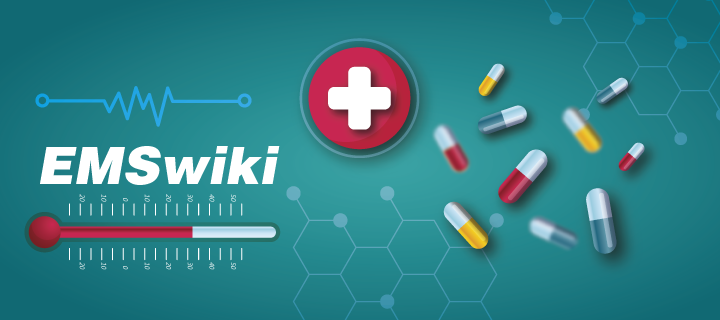
Dilated cardiomyopathy: a journey through the heart
When the Heart Widens: Symptoms, Causes, and Treatments of an Underestimated Condition
Dilated cardiomyopathy (DCM) is a medical condition that affects the heart, making it weaker and less capable of pumping blood efficiently. It is a disorder that can go unnoticed until it becomes severe, leading to symptoms that significantly affect the quality of life.
A Heart Under Pressure: Symptoms and Diagnosis
Dilated cardiomyopathy presents with an enlargement of the left ventricle of the heart, compromising its pumping function. Symptoms can vary from none to obvious signs such as fatigue, swelling of the legs, shortness of breath, and palpitations. Often, these signs are not immediately linked to a cardiac problem, making diagnosis complex. Diagnosing DCM requires a physical examination, analysis of the patient’s medical history, and diagnostic tests such as echocardiography, which provides a detailed image of the heart and its function.
Root Causes: Understanding Risk Factors
The causes of dilated cardiomyopathy are multiple and range from genetic factors to medical conditions such as viral infections, alcohol abuse, and exposure to toxins. In some cases, DCM can be hereditary, underscoring the importance of family awareness of heart diseases. Despite progress in understanding risk factors, many aspects of DCM remain a mystery, highlighting the need for further research to better understand this complex condition.
Treatments and Therapies: A Path to Wellness
The treatment of dilated cardiomyopathy focuses on improving symptoms and preventing complications. Options include medications such as ACE inhibitors, beta-blockers, and diuretics, which help control blood pressure, reduce the heart’s workload, and prevent fluid buildup. In severe cases, surgical interventions such as implantation of a defibrillator or pacemaker, or even heart transplantation, may be necessary. Managing DCM requires a personalized approach based on the specific needs of the patient.
Towards a Future of Hope: Advancing Research
Despite the challenges posed by dilated cardiomyopathy, research is making significant strides in improving the diagnosis and treatment of this condition. Studies on genetic causes and potential innovative therapies offer hope for more effective and personalized treatments in the future. Awareness and education about DCM are crucial for improving early diagnosis and disease management, emphasizing the importance of a proactive approach to heart health.
Dilated cardiomyopathy is a complex condition that requires attention and care. With timely diagnosis and proper treatment, many patients can continue to live full and active lives. Ongoing research promises new discoveries that could one day transform the treatment of DCM, offering hope to those affected by it.
Sources


